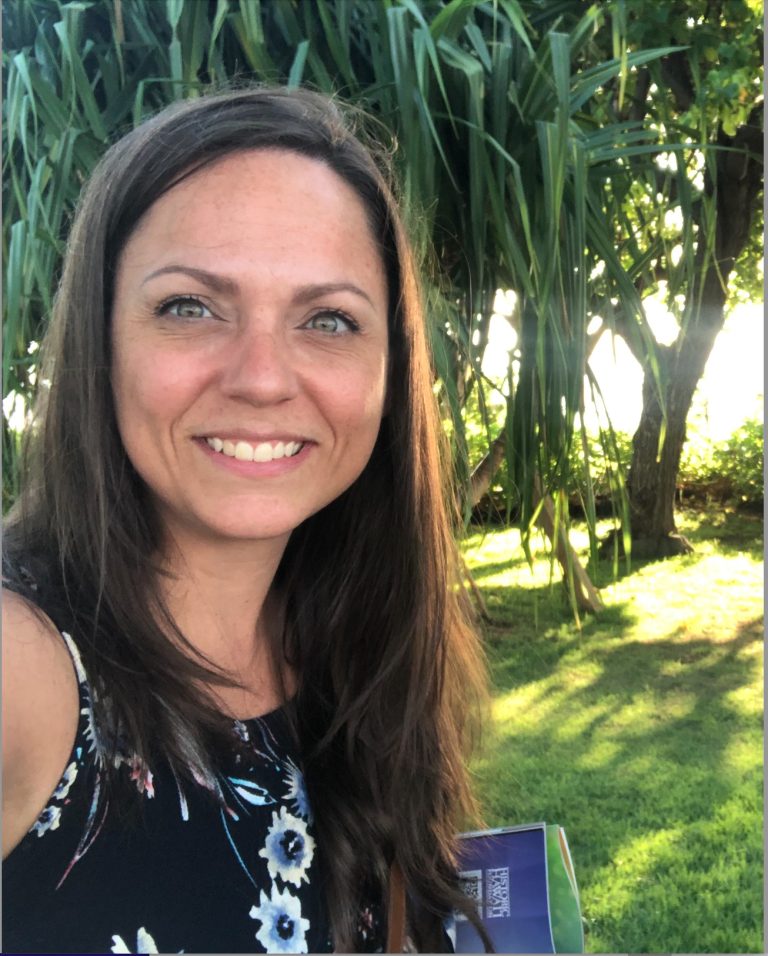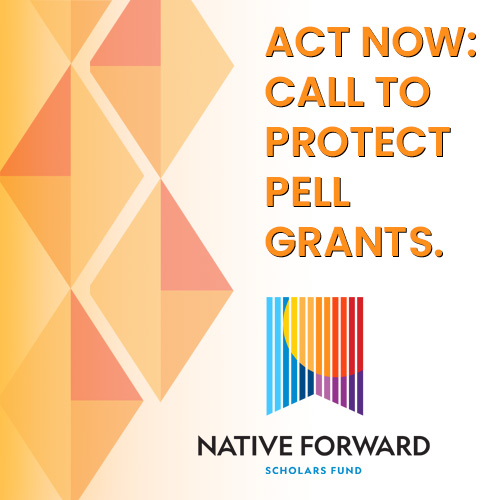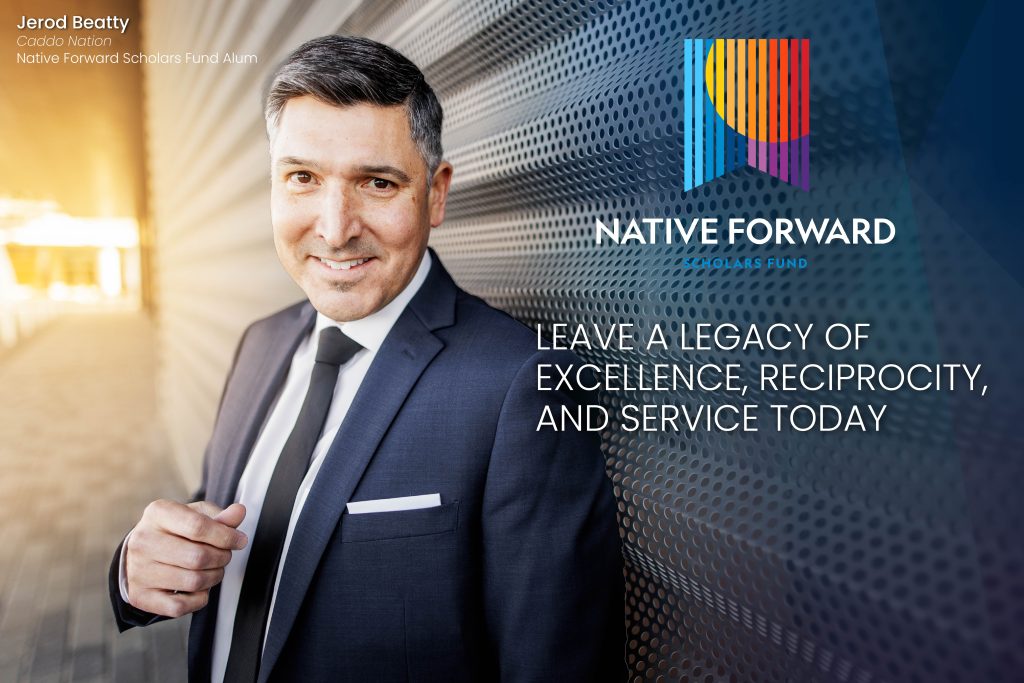Tiffany Lee
July 2023 – Graduate
Onondaga Nation
Honolulu, HI
Scholarship: Special Higher Education Program
School: University of Hawaii Manoa
Degree: Anthropology
GPA: 3.96
I am an all, but dissertated doctoral candidate enrolled full-time in the Department of Anthropology at the University of Hawaii at Manoa. My doctoral research examines island resilience and continued productivity in response to human activity by incorporating biogeochemical analysis and archaeological materials from Tonga and Samoa to quantify shifts in island nutrient flows over time.
As an alumnus of the University of Hawaii at West Oahu, the foundations of community service learning have been a fundamental aspect in developing community-led initiatives that have fostered relationships for inter-disciplinary collaboration with researchers and Indigenous communities, including my own. The skills and experience acquired during my doctoral research have been essential for archaeological consultation with the Onondaga Nation of the Haudenosaunee Confederacy as we represent our community and work toward transforming government policies at the state and federal levels. Similar practices implemented in the Hawaiian Islands form the foundations of newly established guidelines, which expand previous consultation practices by employing Onondaga Nation residents to maintain an open dialogue and ensure representation. Government officials and members of the Hawaiian community have recognized these ongoing efforts to restructure policy, extending invitations to participate in a panel discussion to highlight the benefits of a trans-Indigenous approach.
Inter-indigenous relationships have contributed to the communities of Hawaii through collaborations with the Indigenous Cropping Systems Lab in Hilo to examine the socioecological evolution of traditional Hawaiian agriculture production using biogeochemical analysis. The multidisciplinary project, funded by the National Science Foundation, parallels my doctoral research exploring human-environment relationships and will serve as a comparative model for Tonga and Samoa. These collaborations have been fundamental to building relationships with top researchers from other fields by engaging in discussions alongside prominent leaders in the research community, including the director of the National Science Foundation, Sethuraman Panchanathan.
There is a constant struggle within communities to dismantle contemporary barriers and establish a more inclusive society. Often, systemic oppression is further reinforced through financial strains imposed on underrepresented communities, resulting in a lack of Indigenous representation in academic, professional, and research positions. These fields are subsequently centered on Western ethos and imposed on Indigenous communities, contributing to the systemic silencing of Indigenous voices. Dismantling this system has become foundational to my academic and professional goals to decolonize the field and establish a more diverse and inclusive narrative from which future generations can thrive.
Want to be our next Student of the Month? Apply here!






